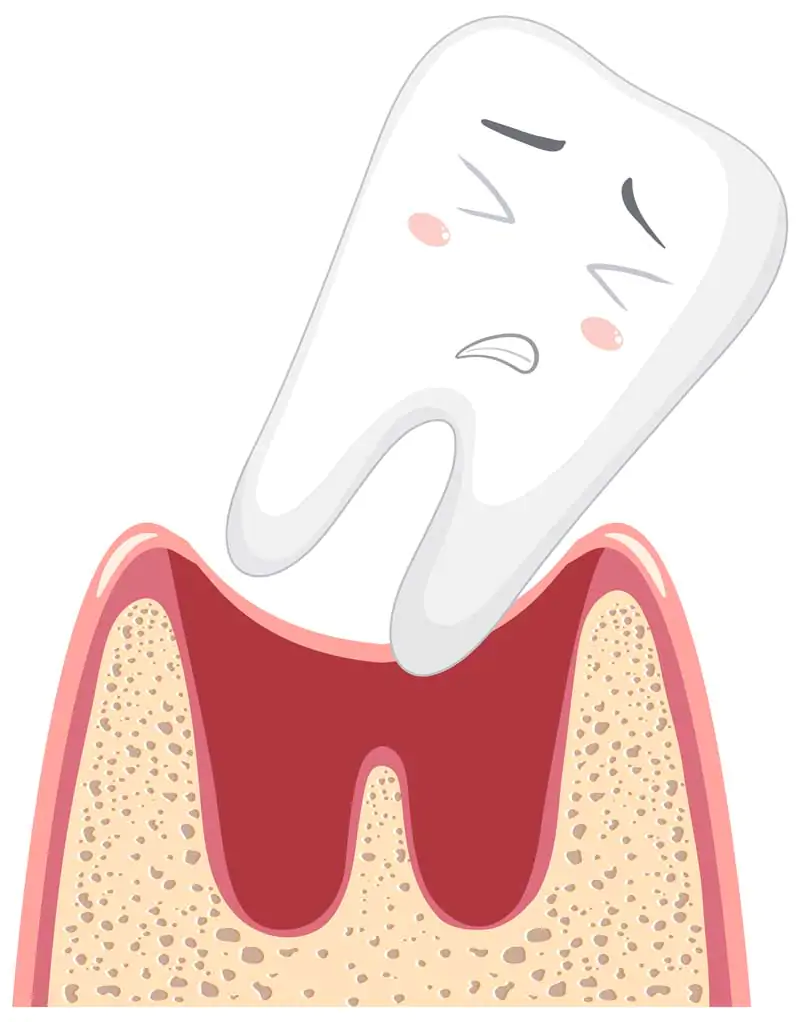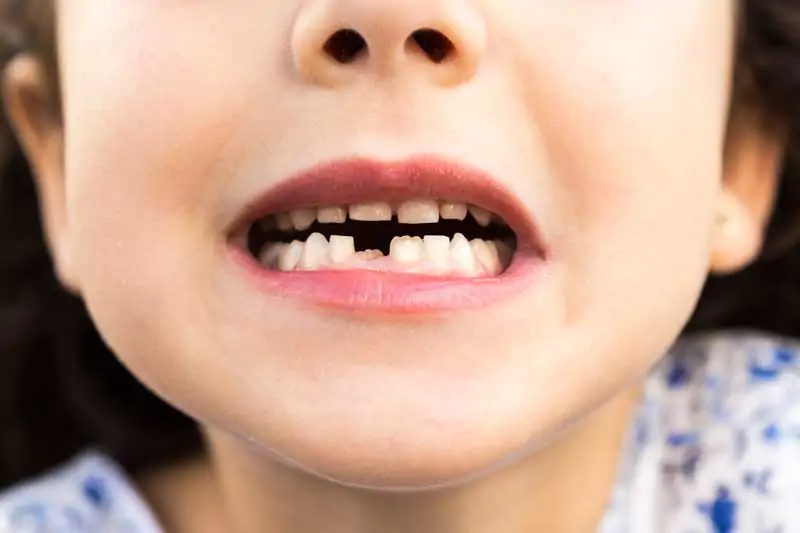Many people believe wisdom teeth are always problematic. They often consider removal a standard procedure. However, this isn’t always the case. There are surprising benefits to keeping them. This guide explores those advantages.
When wisdom teeth erupt properly, they can contribute to overall oral health. Ignoring these benefits might lead to unnecessary procedures. A careful assessment is always vital.
A reputable Dental clinic is crucial for such evaluations. They provide personalized care. This ensures the best outcome for your unique situation.
Considering Wisdom Teeth Treatment Bali? Knowing your options is key. Preservation can be a valid choice.
Trustworthy medical centers offer comprehensive dental services. Bali Sudirman Medical Centre offers expert consultations. Their team helps you make informed decisions.
They focus on your long-term dental well-being. Keeping healthy wisdom teeth may be beneficial. Let’s explore why.
Understanding Wisdom Teeth
Wisdom teeth are your third molars. They typically emerge between ages 17 and 25. Sometimes, they grow in without issues. Other times, problems arise. Not everyone has all four wisdom teeth. Some have only one, two, or none at all. This is often due to genetics.
When Keeping Wisdom Teeth is Safe
You can often keep your wisdom teeth if they are healthy. They must be fully erupted and properly aligned. Good oral hygiene is also essential. This means you can clean them effectively. They should not cause crowding or pain. Regular dental check-ups are crucial for monitoring them. Your dentist will assess their position and health.
Key Benefits of Retaining Wisdom Teeth
1. Enhanced Chewing Efficiency
Healthy, properly aligned wisdom teeth aid chewing. They function like other molars. This improves bite efficiency. They help break down tough foods. Having a full set of teeth supports this function.
2. Maintaining Natural Jaw Structure
Keeping wisdom teeth helps preserve your jaw’s natural structure. They maintain the alignment of surrounding teeth. This prevents other teeth from shifting. Such shifts can lead to misalignment. This is called malocclusion. It can cause cleaning difficulties and decay. Improper bite and jaw joint disorders can also result.
“Properly aligned wisdom teeth contribute significantly to maintaining the natural structure of your mouth. Each tooth plays a role in keeping adjacent teeth in their position.” – Brookpointe Dental
3. Longevity and Durability
Wisdom teeth are known for their robustness. They have a long lifespan. They can offer support to your dental structure. This is useful if other teeth wear down. They provide a “backup” if other teeth are damaged. This provides long-term benefits.

4. Avoiding Unnecessary Surgery Risks
Wisdom teeth removal is a surgical procedure. All surgeries carry some level of risk. Avoiding extraction eliminates potential complications. Risks include nerve damage, dry socket, and infection. Nerve damage can cause numbness in the chin, tongue, or lips. Dry socket is a painful condition. It occurs when the blood clot dislodges. Infection can lead to swelling and pain. Post-operative issues prolong recovery. By retaining healthy wisdom teeth, you avoid these risks.
“By avoiding unnecessary extraction, patients can eliminate the potential for complications like infection, nerve damage, or post-operative pain.” – One Dental
5. Prevention of Bone Loss
The empty socket from a removed tooth can lead to bone loss. This happens over time due to lack of chewing stimulus. Retaining wisdom teeth can prevent this. They help stimulate the jawbone through chewing forces. This prevents bone resorption. This preserves jawbone density. This is important for overall jaw health.
6. Potential for Autotransplantation
Wisdom teeth can serve as valuable donor teeth. If another molar is lost, a healthy wisdom tooth can be transplanted. This procedure is called autotransplantation. It maintains bite alignment and preserves bone volume. It’s a natural-looking and functional replacement. This is especially beneficial for younger patients. They may not be ready for dental implants. Autotransplantation preserves natural tooth structure. It offers a high success rate.
- Natural Replacement: Uses your own living tooth.
- Bone Retention: Helps preserve alveolar bone volume.
- Functional Result: Restores natural sensation and chewing.
- Versatile: Suitable for a range of ages.
Statistics and Expert Perspectives
The dental community’s views on wisdom teeth removal are evolving. Historically, routine removal was common. This was often done to prevent future issues. However, experts now advise against automatic removal unless necessary. Many wisdom teeth do not cause problems. Modern monitoring allows for a more conservative approach.
A 2011 study in Greece found that only 2.8% of extracted wisdom teeth had a cyst or tumor. Another study from 1988 showed only 12% of middle-aged people with impacted, but unremoved, wisdom teeth experienced complications. The American Public Health Association (APHA) questioned arguments for routine removal. They stated, “The few studies of long-term retention of impacted teeth have shown little risk of harm”.
Some studies show a higher complication rate with extraction in certain situations. For instance, in patients with mandibular fractures, those who had their wisdom teeth extracted experienced a 24.3% overall complication rate, compared to 14.9% for those who retained them. This difference was statistically significant.
“I’m not against removing wisdom teeth, but you should do an assessment and have a good clinical reason.” – Greg J. Huang, Chairman of Orthodontics at the University of Washington
This highlights the importance of individual assessment. Every patient’s situation is unique. A personalized treatment plan is always best.
Factors Influencing the Decision
Deciding to keep or remove wisdom teeth requires careful consideration. Your dentist will evaluate several factors. These include the tooth’s position, health, and alignment.
Consider these points:
- Eruption Status: Are the teeth fully erupted or impacted?
- Alignment: Do they align properly with other teeth?
- Space: Is there enough room in your mouth?
- Cleanability: Can you clean them effectively?
- Symptoms: Are you experiencing pain, swelling, or infection?
- Adjacent Teeth: Are neighboring teeth at risk of damage?
- Cysts/Tumors: Is there evidence of pathology?
If wisdom teeth are causing problems, removal might be necessary. This includes issues like severe pain, infection, or damage to other teeth. However, if they are healthy and problem-free, retention is a valid option.
Preventative Care for Retained Wisdom Teeth
If you choose to keep your wisdom teeth, diligent oral hygiene is paramount. Their location can make them hard to clean. Regular brushing and flossing are crucial. Your dentist can show you proper techniques.
Regular dental check-ups are also vital. These allow your dentist to monitor their condition. Early detection of any potential issues is key. This helps prevent future complications. Sometimes, professional cleaning or gum contouring may be recommended. This helps maintain a healthy environment around the teeth.
Conclusion
The decision to keep or remove wisdom teeth is highly personal. It depends on various individual factors. While removal is common, it’s not always necessary. When wisdom teeth are healthy and properly aligned, they offer significant benefits. These include improved chewing, preserved jaw structure, and long-term durability. Avoiding unnecessary surgery also minimizes risks.
A comprehensive evaluation by a trusted Dental clinic is always recommended. For expert guidance on Wisdom Teeth Treatment Bali, consider consulting with professionals. Bali Sudirman Medical Centre offers thorough assessments. They prioritize your long-term oral health.
Frequently Asked Questions (FAQ)
Q: Do all wisdom teeth need to be removed?
A: No, not all wisdom teeth require removal. If they are healthy, fully erupted, and properly aligned, you may keep them. Regular monitoring is key.
Q: What are the main risks of removing wisdom teeth?
A: Risks include nerve damage, dry socket, and infection. Swelling and prolonged discomfort are also possible.
Q: Can keeping wisdom teeth affect other teeth?
A: If properly aligned, they can maintain jaw structure. If impacted or misaligned, they can cause crowding or damage to adjacent teeth.
Q: When do wisdom teeth typically emerge?
A: Wisdom teeth usually appear between the ages of 17 and 25. This can vary for individuals.
Q: What if my wisdom teeth are not causing problems?
A: If they are healthy, well-aligned, and cleanable, keeping them is often an option. Regular dental check-ups are still essential.
Q: Can wisdom teeth be used for autotransplantation?
A: Yes, healthy wisdom teeth are often used as donor teeth for autotransplantation. This can replace missing molars effectively.
Q: How can I care for my retained wisdom teeth?
A: Maintain excellent oral hygiene with regular brushing and flossing. Schedule consistent dental check-ups for professional monitoring.
Q: Is it true that not everyone has wisdom teeth?
A: Yes, it is common for some people to have fewer than four wisdom teeth, or none at all. This is a genetic trait.
Unsure about your wisdom teeth? Don’t wait for potential complications. Schedule a consultation today!
Learn more about our dental services: View Dental Services
Book your appointment now: Make a Reservation









